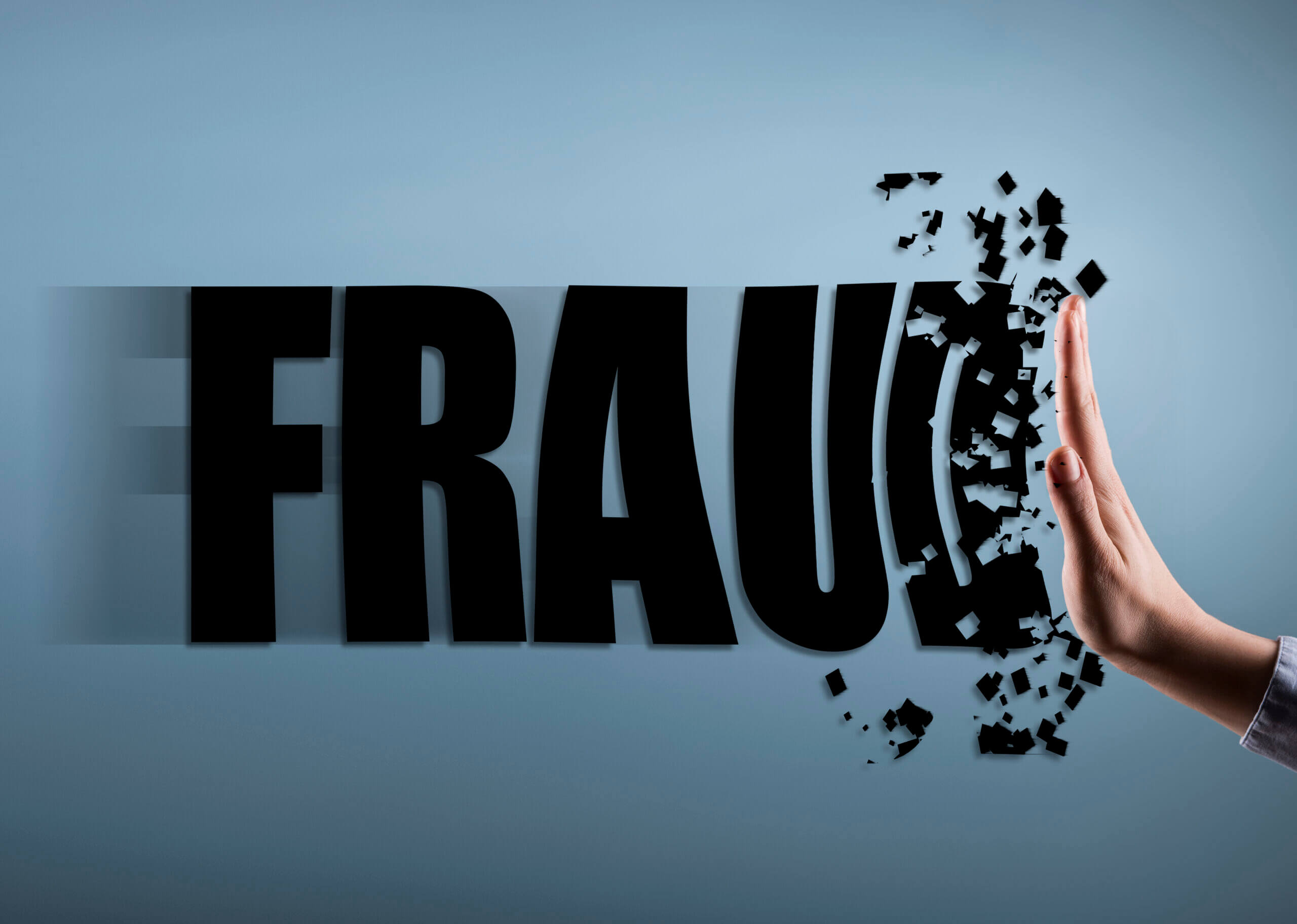How Real Estate Agents Can Combat Fraud and Mitigate Risk

Fraud is not always easy to recognize with many fraudulent activities carried out online and difficult to trace. As virtual interactions and transactions increase, it becomes more important for businesses to have a plan in place to stay at least one step ahead of fraudsters. Many industries have adopted tools that aid in identity verification and risk assessment to combat fraud. Real estate should be no different.
Real estate transactions have changed over time – from newspaper listings to internet listings, home showings to virtual showings, paper contracts to electronic signatures, and cashier’s checks to wire transfers. And, with new technology comes new risks.
According to the FBI’s 2019 Internet Crime Report, real estate-related Internet/cybercrimes accounted for over $221 million in losses for victims in 2019 alone, a 48% increase over 2018. To put that figure in perspective, that is double the loss from all credit card fraud in the same year. Identity theft also accounted for $160 million in loss in 2019, a 60% increase over 2018.
Fraud has been a major problem and is only getting worse with the COVID-19 pandemic. The FBI issued a Public Service Announcement in March 2020 to warn the public of an increase in fraud schemes related to the pandemic. The growing problem of fraud across industries reinforces the fact real estate agents need to be even more vigilant than ever.
With real estate transactions increasingly moving to virtual and remote models that limit in-person interactions, scammers may discover their virtual opportunities are more abundant and will appear more ‘normal’ than ever before. Having a prospective buyer or seller looking to complete a real estate transaction entirely over the phone and/or email will no longer be the rare exception that could have potentially raised red flags. With remote and virtual interactions on the rise, being able to decipher between actual prospects and scammers taking advantage of the situation is critical to the safety and success of your business.
It is now more important than ever to not only verify the identity of a prospective buyer or seller, but also anyone you are dealing with over the phone such as the title company or lender. With FOREWARN, real estate agents can verify a caller’s identity using the phone number they are calling from. FOREWARN gives you access to several data points for risk mitigation and identity verification.
If the name of the caller or the information they are sharing doesn’t match associated records, dig deeper. If the caller doesn’t want you calling them back on the same number, verify the information on the number they are calling from in case it was spoofed and verify the information on the number they want you to call them on. Being able to know the questions to ask to clarify and verify who you may or may not be working with may take an extra few minutes, but it can save you time, money, and potentially even save your life in the long-run.
While protecting yourself and your business from fraud, it is also important to let prospects know how you do business so they can be vigilant as well. Criminals can prey on your prospects, pretending to be part of the real estate transaction, sending them emails with your name, or fooling them into wiring payments to a different place. By letting prospects know what to expect, this can also serve as an added layer of safety against fraud.
While it may not be possible to prevent all fraud, performing your due diligence to verify someone’s identity and assessing potential risks should be part of the daily routine.
FOREWARN is not only a great tool for personal safety for home showings, but it is also essential for the well-being and financial safety of your business. Taking precautions is crucial. By verifying the identity of those you are working with, you can mitigate risk and help your business prosper.





